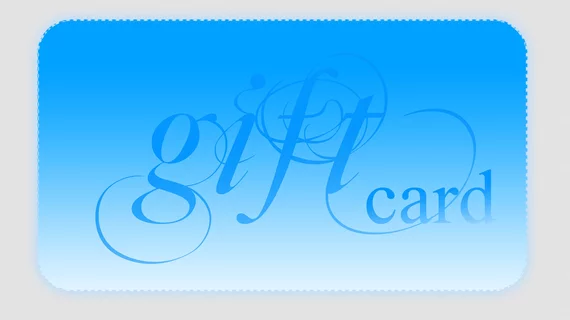Trump’s plan to distribute prescription cards remains up in air
President Donald Trump made a surprise announcement on September 24, revealing that 33 million Medicare recipients would, in the coming weeks, receive coupons they can use to pay for prescription drugs. But uncertainty remains.
According to a blog post from The Hill, Trump “made no effort” to hide the fact that he considers the move a means of currying favor with senior citizens—who comprise a key voting bloc—ahead of the Presidential election.
The White House has provided no clear explanation of where the nearly $7 billion needed to provide the coupons would come from. Blog writer Peter Sullivan quotes a “White House official” as noting, when the announcement was made, that spending on the coupons would be offset by a program to lower drug prices by tying them to lower prices in other nations.
“But that plan, while it has been proposed, has not gone into effect yet, meaning that there are currently no savings from it,” Sullivan writes.
On September 25, The Wall Street Journal reported that the funds would come from the Medicare Trust Fund, an idea that reportedly sparked a rebuke by Speaker Nancy Pelosi (D-Calif.). Pelosi said Trump’s initiative to distribute the coupons is evidence of his desire to “steal from the Medicare Trust Fund for a desperately transparent political gimmick.”
That same day, on a call with reporters about actions to lower drug prices, Department of Health and Human Services officials provided no details when asked about funding for the program. They noted that such information would be forthcoming from the White House in the future.
Moreover, the move reportedly is questionable from a legal standpoint. Congress has yet to authorize the funds for the coupons. Some healthcare experts, Sullivan reports, believe Trump’s move would be an “unprecedented use” of the Medicare program for political gain ahead of the election.
Read the blog here. Click here for Pelosi’s statement.
So far, GOP leaders have not mounted a concerted campaign in support of the President’s coupon plan.
